29 de agosto 2023
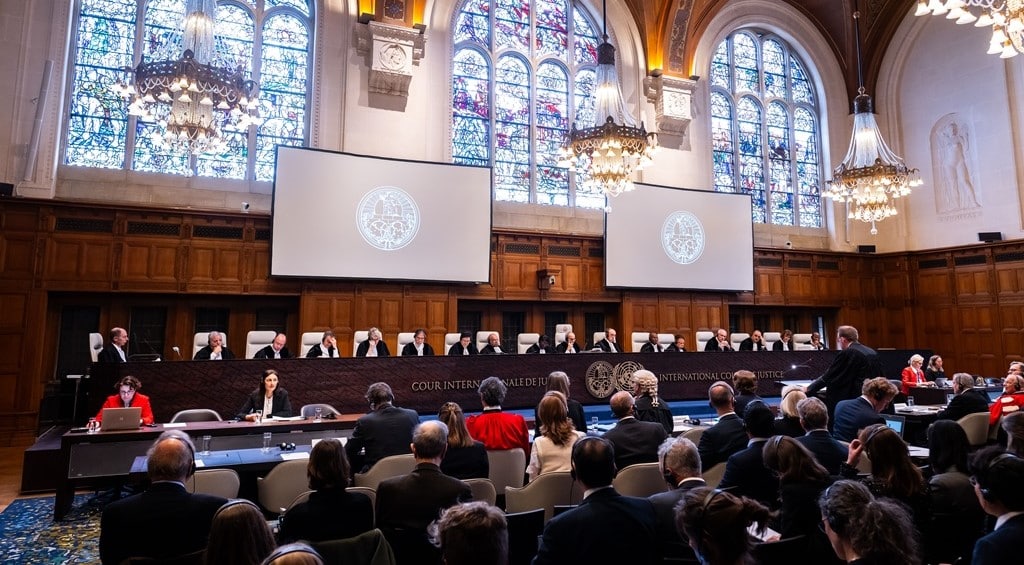
ICJ Rules Against Nicaragua's Request For Germany to Halt Arms Sales to Israel

PUBLICIDAD 1M
PUBLICIDAD 4D
PUBLICIDAD 5D
A Nicaraguan exiled in the 1980s, a refugee after the 2018 crisis, and a professional share their stories as migrants in Canada
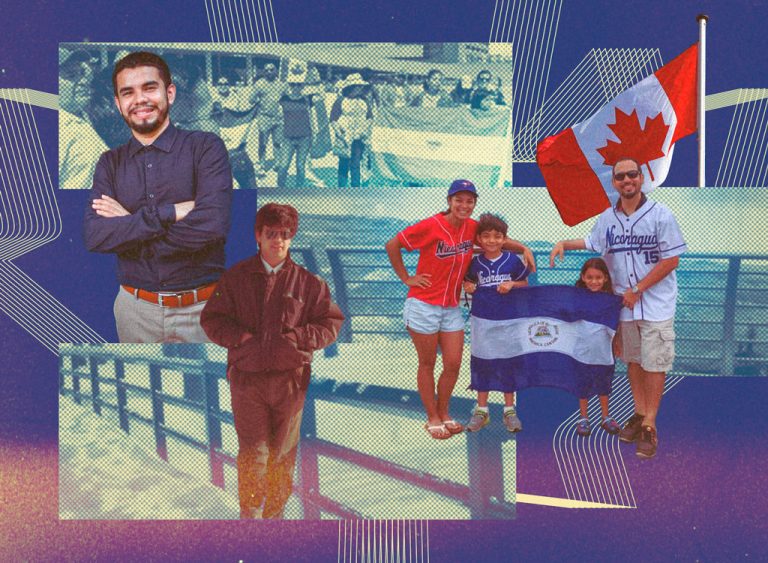
He arrived in the dead of winter in 1988. He knew he was going to Canada but ignored the severity of cold weather in the continent’s far north. “Stepping off the plane, I felt as if I had entered a freezer and realized that I did not have adequate clothing for this climate, nor was I prepared for that level of coldness. It was my first cultural shock,” recalls Leonardo Tellez, originally from the town of Carazo, Nicaragua.
At 17, the young man had to leave the country to escape the civil war and the Obligatory Military Service, imposed by the first government of the Sandinista National Liberation Front (FSLN).
Four decades later, another political conflict forced tens of thousands of Nicaraguans to emigrate, and the scene of the young man from the Nicaraguan tropics who had to adapt to the cold Canadian climate would be repeated. Levis Rugama had already experienced the cold weather in the USA. Still, he was not prepared to face the winters in Canada, labeled “the great white north” because it is the second largest country in the world and because of the snow that covers everything during the coldest season.
“To date, I haven’t gotten used to temperatures in this country, and I don’t think I ever will,” he explains. Levis Rugama was one of the youth leaders who emerged during the April Rebellion of 2018 and is a released political prisoner from Matagalpa. He arrived in Canada in 2020.
“Both winter and summer are severe,” says Tatiana Cordero, a native of Bluefields in Nicaragua’s Southern Caribbean. She emigrated to Canada seven years ago, as her husband, also from Bluefields, had Canadian citizenship, which allowed the whole family to emigrate to there. “We planned to arrive in the summer to avoid the cold since we knew it was severe. However, that year, the summer was also shocking. It was hotter than Nicaragua,” she stated.
Despite the cultural, linguistic, and climatic shocks and challenges these three Nicaraguans had to overcome in Canada, they all agree they found unique opportunities for dignified assimilation.
Canada, America is considered one of the most attractive destinations for migrants worldwide for its security and stability. Like the United States, it has welcomed citizens from different countries, including Nicaraguans, for decades. According to Canada’s 2021 census, a total of 13,840 residents in Canada reported their place of birth as Nicaragua.
Approximately 48% of this population resides in Ontario, while Quebec has 20%, British Colombia 14%, and Alberta 13%, the provinces where more Nicaraguans have chosen to settle.
Before coming to Canada, Leonardo Tellez lived in Costa Rica for four years. His first exile was in 1984 when he was 17 years old. His mother sent him to Costa Rica as a safeguarding measure to prevent him from going to war as part of the Military Service imposed by the Sandinista Government in 1983 amid the civil war against the Nicaraguan Resistance, known as “Contras.”
In Costa Rica, Leonardo learned English to emigrate to the United States, where his father lived. However, he ended up settling in Canada when he learned about the advantages of refuge there. In February 1988, his flight landed in Montreal, the largest city in the province of Quebec, where French is the only official language and English is rarely spoken.
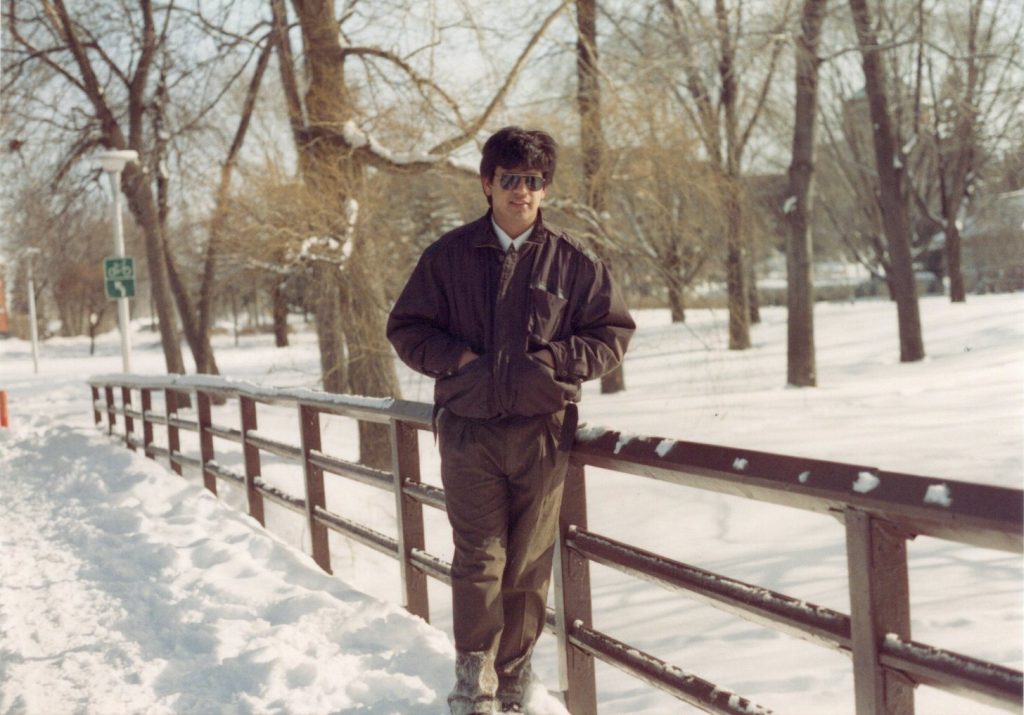
“Although I had a good command of English, I felt disoriented when I arrived because people were offended if you spoke to them in English. People didn’t respond, and when they did, it was in French.” This was the second cultural shock Leonardo experienced upon arrival. However, his outlook improved when an immigration agent contacted him and guided him.
Leonardo began the immigration process and was housed at the Europe Hotel, designated by the Canadian government to receive newcomers without a family and provide them with essential services. “They enrolled me in a program to learn French, and in less than a year, I was speaking the language well,” he recounts.
His adjustment was quick. He found various jobs that allowed him to take training courses and gain experience. Years later, he studied management in Operations and Logistics and Personnel Management at the HEC Montreal, an independent business school affiliated with the University of Montreal.
Leonardo highlights the friendliness of the people of Quebec and their welcoming culture. “The Quebecers welcomed me well. They made me feel at home, which also contributed to my adjustment,” he mentions.
From the 35 years he has lived in Canada, Leonardo highlights the qualities of this province. Once he had settled down and started a family, he never considered returning to Nicaragua. “This is a country full of opportunities, multicultural, and with law-abiding citizens, and it’s still safe,” Leonardo explains.
He does not deny feeling nostalgic for the town where he lived his childhood and his family still lives, La Conquista, Carazo. “Since I came here, I have communicated with them. He says,” first through letters, now by telephone or video calls, and I travel from time to time to visit them,” he says.
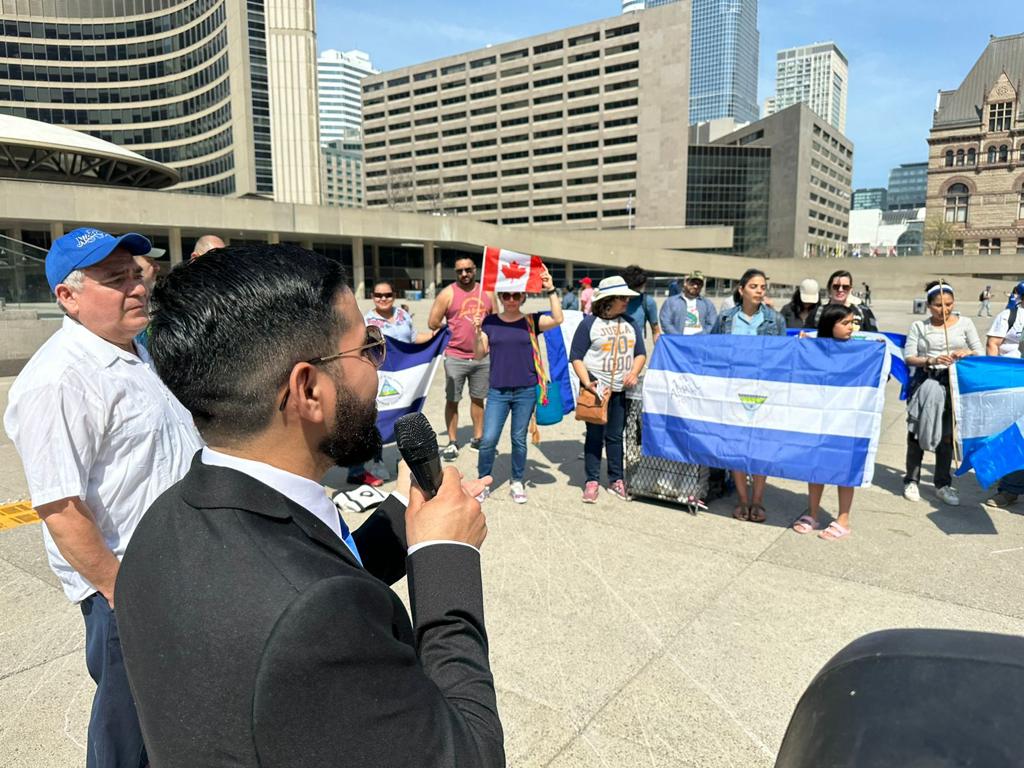
Levis Rugama, 24, a former political prisoner from San Dionisio, Matagalpa, has lived in Canada for three years. After his release from prison in June 2019, he left Nicaragua bound for the United States but never intended to seek refuge there. He opted to continue north and surrender to Canadian authorities in March 2020 at the New York-Canada border.
Canada’s immigration policies for refugees caught Levis’s attention. He arrived in Toronto just before the country went into quarantine due to the COVID-19 health crisis. He spent more than eight months in a hotel in Ontario, where the Canadian government provided him shelter, food, and financial support.
During the quarantine, he participated in online programs to learn English since having a good command of the language was one of his concerns. “At first, it was hard for me, and I got frustrated,” he emphasizes. Once the pandemic restrictions were lifted, he resumed the learning program in person, which facilitated learning.
In his self-reliance process, Levis held both formal and informal jobs. In his last job, he supervised and trained the staff of a pastry shop. “Since Nicaragua, I liked to make cakes and already knew about it. Here in the bakery, I learned to work with chocolate, but I got this position because I spoke good English, which allowed me to move up within the company,” he explains.
The first year was challenging emotionally. He was alone in a hotel room. He spoke daily with friends and relatives living in Nicaragua or exiled to other countries to feel close to them. “There were serious moments in my first days in Canada, and although I had the monitoring from a social worker, it was not constant,” he recounts.
After three years in exile, Levis has forged ties with other Nicaraguans, whom he now considers his family. He says that where he lives in Toronto, he feels like he is in his neighborhood, but he misses Nicaragua. “I know I have been able to acquire things that I might not have gotten in Nicaragua or the United States, but I miss the rice and beans I used to eat with my grandmother,” he adds.
Levis was raised by his paternal grandmother and longs to return to San Dionisio, Matagalpa, his hometown, to be with her. “I dream about helping her cook every morning, grinding corn, running errands, and being beside her. My grandmother, Nena Orozco, is my best friend, and I have a suitcase ready for my return,” he says.
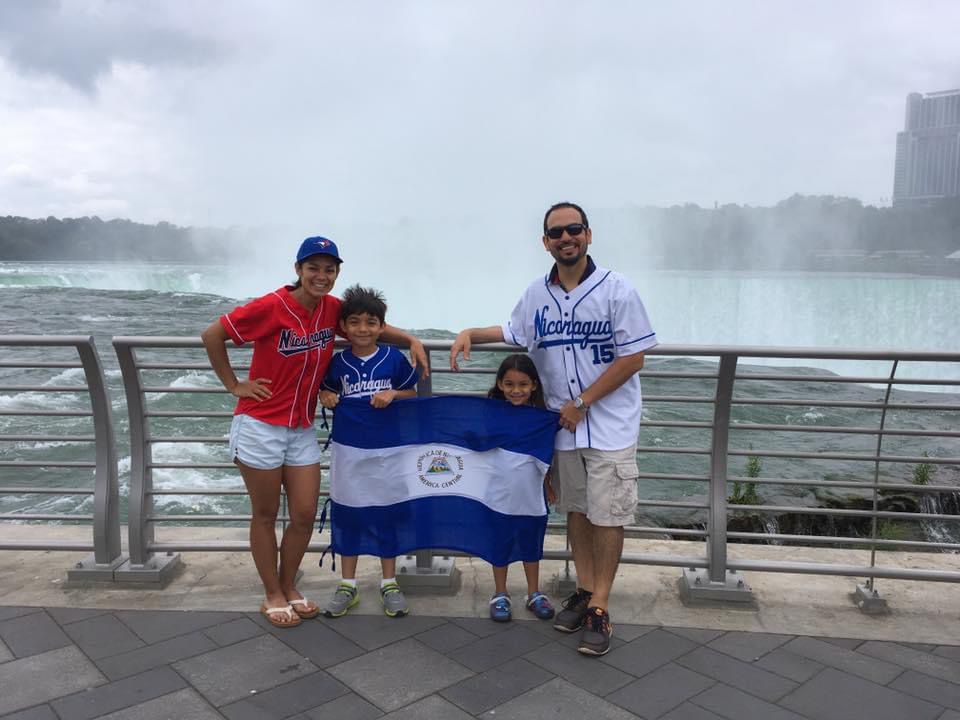
Tatiana Cordero is originally from Bluefields. She has been living in Canada for seven years. Leonel Gonzales, her husband, is also originally from Bluefields and has Canadian citizenship. He got a job in Canada, facilitating the whole family to emigrate with him.
“My husband took refuge in Canada along with his parents in the 80s due to the political context in Nicaragua, but they returned in the 1990s after the change of government,” explains Tatiana. They met when they were very young, and when Leonel returned to live in Nicaragua, they started a relationship, married, and had two children.
“In Nicaragua, we had a stable life. I had my business, and Leonel had a good job, but we saw, since then, the instability there. That’s why we decided to take advantage of my husband’s nationality and plan our migration to Canada,” she says.
They arrived in summer in the city of Mississauga, near Toronto, in the province of Ontario, to get accustomed to the arrival of the bitter winter, but each season took them by surprise. “My children adapted quickly. It took me a while. I learned to coexist with each season, especially with the cold weather. We always look for outdoor activities,” she describes.
The biggest challenge was the language. Leonel spoke English, but his children, ages four and six, and Tatiana were not fluent. “The kids learned very quickly. It took me a little longer,” she admits.
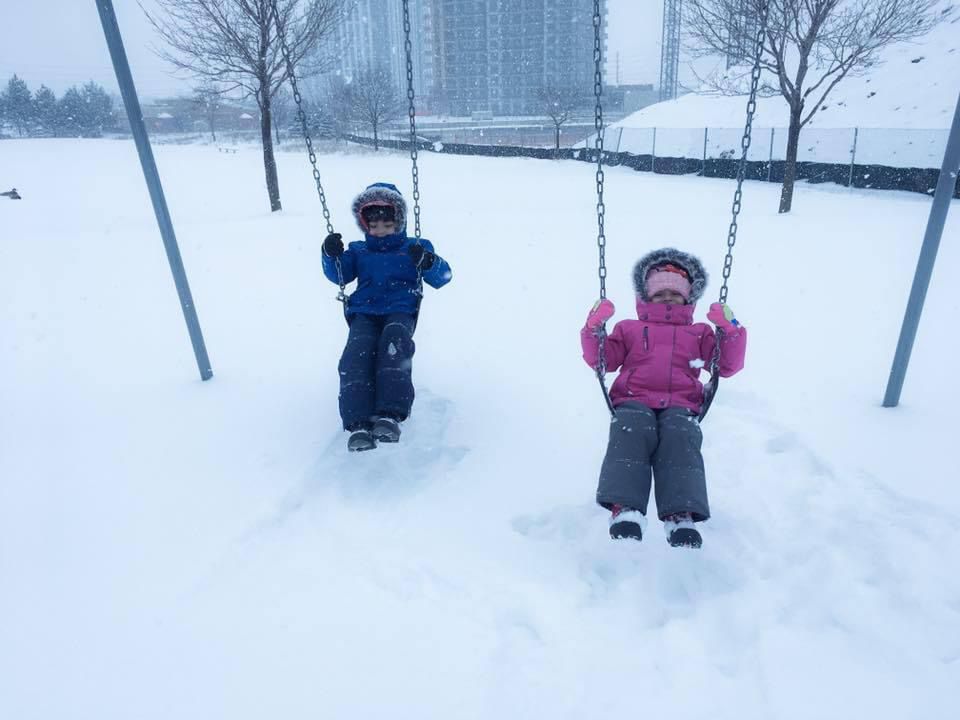
Tatiana studied English and became a paramedic at the same time. “I needed to find a way to advance professionally. In Nicaragua, I was a lawyer, but here, I had no Canadian experience with my career, nor did I speak the language, so I decided to pursue a second career and learn English simultaneously,” she says.
Now that she has been practicing the profession for four years, she has become a Canadian citizen and feels she is in a safe country with opportunities. “This country allows you, young or adult, to grow in the field you want to develop. It has a universal health system, freedom of expression is respected…it has provided my family security,” she relates.
Leonardo and Levis share Tatiana’s opinion: “There is no country with greater stability and security for my family in the Americas than Canada,” emphasizes Leonardo.
The three Nicaraguans were able to integrate through Canadian government programs for migrants. “Canadians treat us with a lot of respect,” says Tatiana. “I haven’t experienced any racism. People don’t discriminate against you as they do in the United States,” Levis asserts.
Canada is known for having relatively open, diverse, and favorable immigration policies for properly integrating foreigners. Leonardo assesses that “the Canadian government has expanded the integration system for migrants and refugees with the objective that they stay in the country, integrate as quickly as possible, and be productive to society. I have witnessed this.”
This article was originally published in Spanish in Confidencial and translated by Havana Times.
PUBLICIDAD 3M
Periodista nicaragüense exiliada en Costa Rica. Se ha especializado en la cobertura de temas de migración, género y salud sexual y reproductiva. También ha trabajado en Marketing y Ventas y ha sido Ejecutiva de Cuentas.
PUBLICIDAD 3D